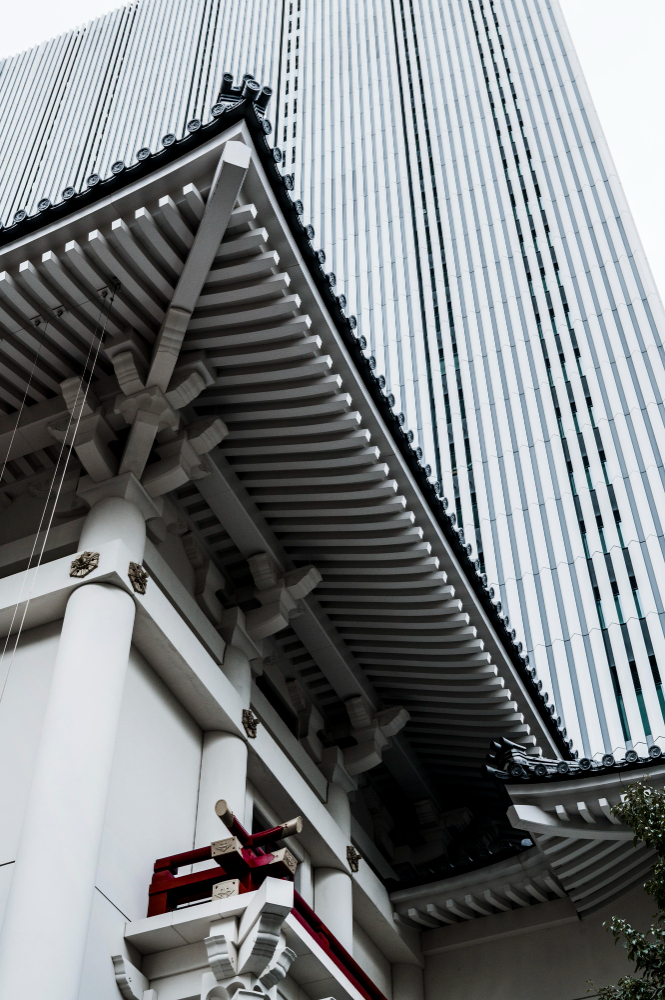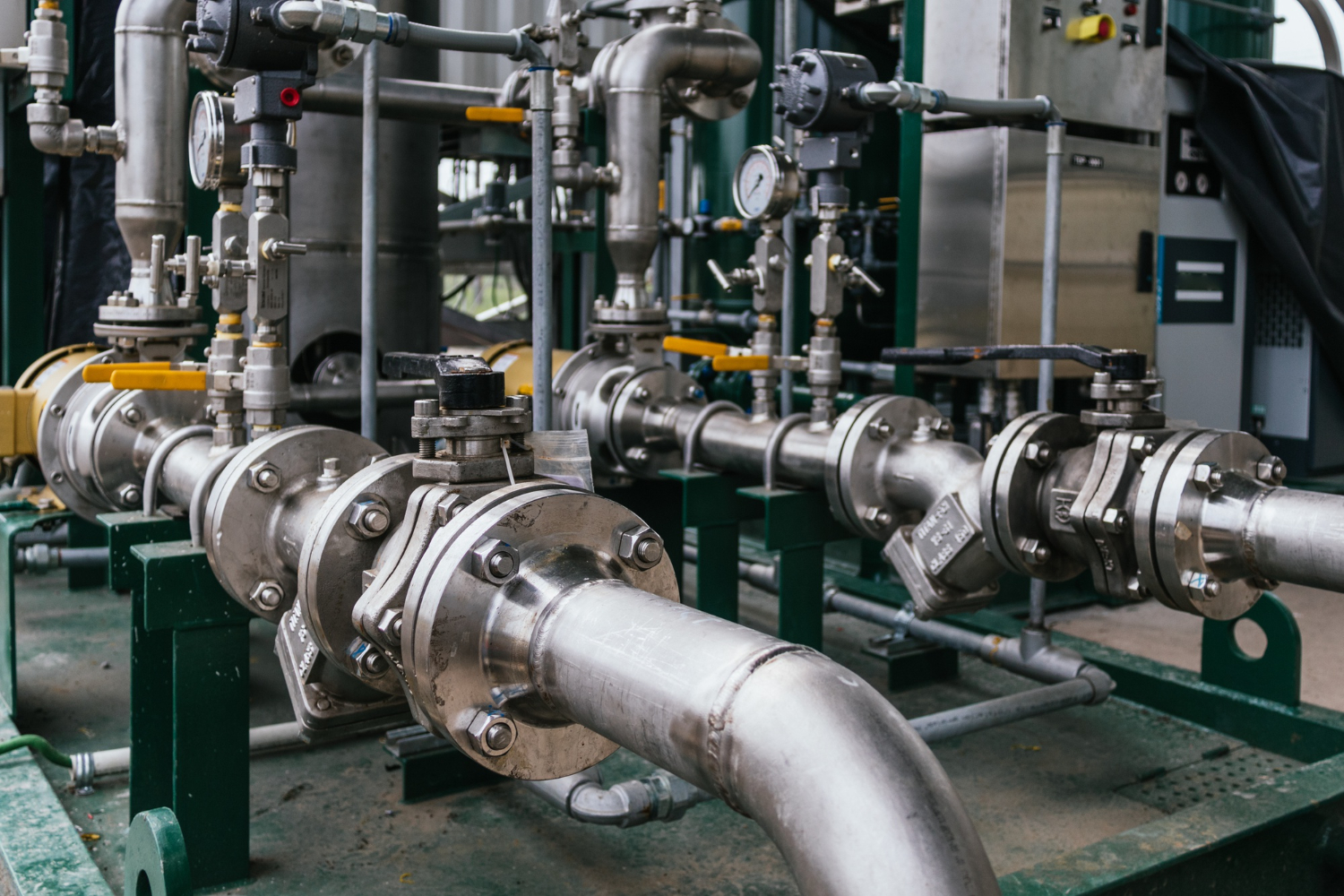

As a property manager, ensuring the safety and quality of your building’s water supply is essential for the health and well-being of your tenants. Today, we’ve put together everything you need to know about the importance of water treatment, the types of water treatment systems, and the steps involved in maintaining these systems.
Water treatment is the process of removing impurities from water to make it safe for drinking, bathing, and other household uses. These impurities can include bacteria, viruses, fungi, and other microorganisms that can cause illness. Water treatment also removes chemicals and minerals that can cause bad taste, odour, and staining.
There are several different types of water treatment systems available, each designed to address specific contaminants and impurities. Some common types of water treatment systems include:
- Sediment filters: These filters remove solid particles such as sand, dirt, and rust from the water supply.
- Carbon filters: These filters remove chlorine, pesticides, and other chemicals from the water.
- Reverse osmosis systems: These systems use a semi-permeable membrane to remove dissolved solids, such as salts and minerals, from the water.
- Ultraviolet (UV) systems: These systems use UV light to kill bacteria and other microorganisms in the water.
Water treatment maintenance: what you need to do
Regardless of the type of water treatment system you have in your building, it is important to maintain it to ensure its effectiveness properly.
Here are some steps to follow for proper water treatment maintenance:
- Follow the manufacturer’s instructions for regular maintenance and replacement of filters and other parts.
- Test the water regularly to ensure it is free of contaminants and meets health standards. This can be done by a professional water testing company or by using test kits available at most hardware stores.
- Check the system regularly for leaks, clogs, and other issues. If you notice any problems, contact a professional for repair.
- Keep an eye out for changes in the water quality, such as changes in taste, odor, or color. This could indicate the need for additional treatment or maintenance.
- Educate your tenants on the importance of water treatment and the steps they can take to help maintain the system, such as not putting grease or other contaminants down the drain.
- Work with the experts like the team at Balance Mechanical who can properly install and maintain your water treatment centres. Indeed, we offer sustainable water and wastewater treatment for clients in commercial and residential dwellings, and our experienced water engineers and technicians work on client projects across the United Kingdom, delivering safe, effective water and wastewater solutions from water intake to treatment and collection.
By following these steps, you can ensure that your building’s water treatment system is properly maintained and effective at removing impurities from the water supply.
This will provide your tenants with safe, clean, and healthy water for all their household needs.




